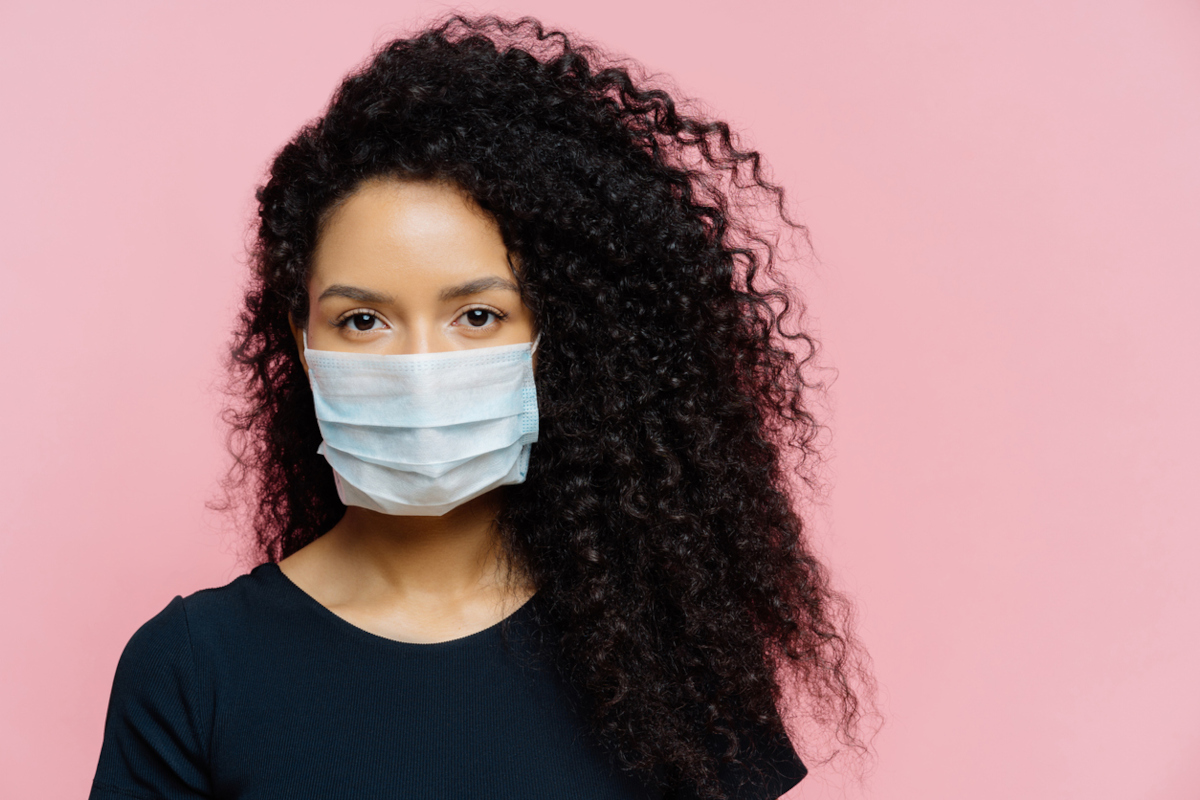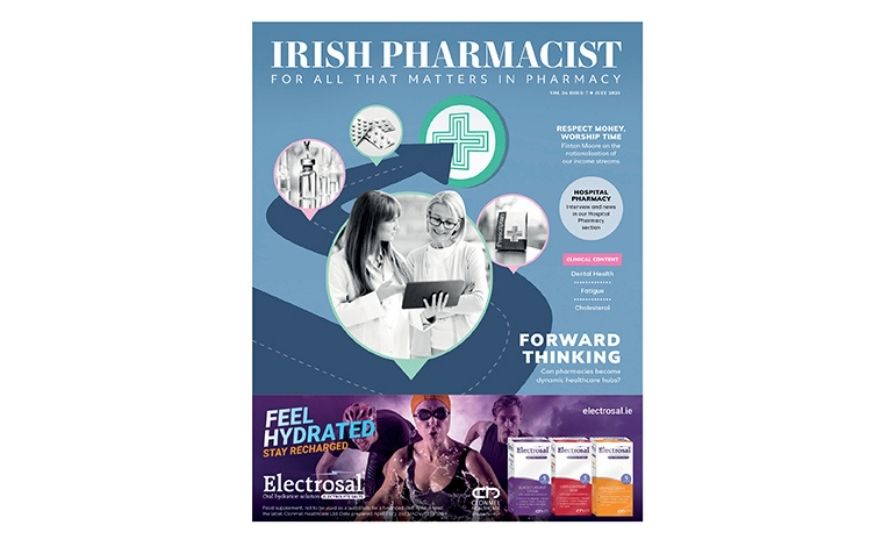A research team from Queen’s University Belfast (QUB) has been awarded a £500,000 UK Research and Innovation (UKRI) Rapid Response Fund grant to investigate the role of bacterial co-infections in Covid-19, and drug repurposing for the treatment of the disease.
The grant is one of only five projects supported in the UK by the Biotechnology and Biological Sciences Research Council (BBRSC) and will last for 18 months. The team, led by Prof José Bengoechea, consists of leading researchers from the WellcomeWolfson Institute for Experimental Medicine (WWIEM) at Queen’s who are experts in virology, immunology and translational bioinformatics: Prof Ultan Power, Dr Connor Bamford, Dr Adrien Kissenpfennig, Dr David Simpson, and Dr Guillermo López-Campos.
The project focuses on the risk of bacterial co-infections in Covid-19 and finding alternative treatments. Clinical data as well as postmortem analyses of tissues from Covid-19 patients already indicate the presence of bacterial co-infections and reports confirm bacterial co-infections are associated with severe cases of Covid-19 in more than 50 per cent of the patients.
This occurs in a scenario of a limited arsenal of antibiotic drugs to target these associated infections. Currently, little is known about the interactions between the SARS-CoV-2 virus and bacterial infections. Co-existing bacterial infection alongside the virus may therefore worsen the clinical outcome and the severity of Covid-19
in a patient, increasing the risk of death. For example, it is possible that the virus and bacteria may affect each other’s virulence by interfering with protective defence responses within the body.
The co-presence of bacteria and the virus may increase the damage to the lungs and may facilitate the virus dissemination to the brain and the gut. The findings of the research will help to better manage severe Covid-19 patients and identify those at risk of complications due to the presence of bacterial co-infections. In addition, the research team will leverage their unique knowledge to test the antiviral efficacy of FDA approved drugs in the co-infection interface.
These drugs will be considered in clinical trials as new treatments for Covid-19. Prof Bengoechea, Professor of Molecular Microbiology and Director of WWIEM at QUB, explained: “There is an urgent need to develop new therapeutics to treat Covid-19 targeting the virus/ bacteria co-infection scenario. It is critical that bacterial co-infections should not be underestimated and instead be part of the plan to limit the global burden of morbidity and mortality during the Covid-19 pandemic and beyond.
“We hope that our research exploring the role of bacterial and SARS-CoV-2 co-infections will result in finding better treatments to improve the health of Covid-19 patients and possibly even save lives.







